Affiliate disclosure: This post may contain affiliate links. Please see our Privacy Policy.
Natural remedies for cold and flu can help you get through the worst of it, boosting your immune system and calming symptoms so your body can rest and recuperate naturally.
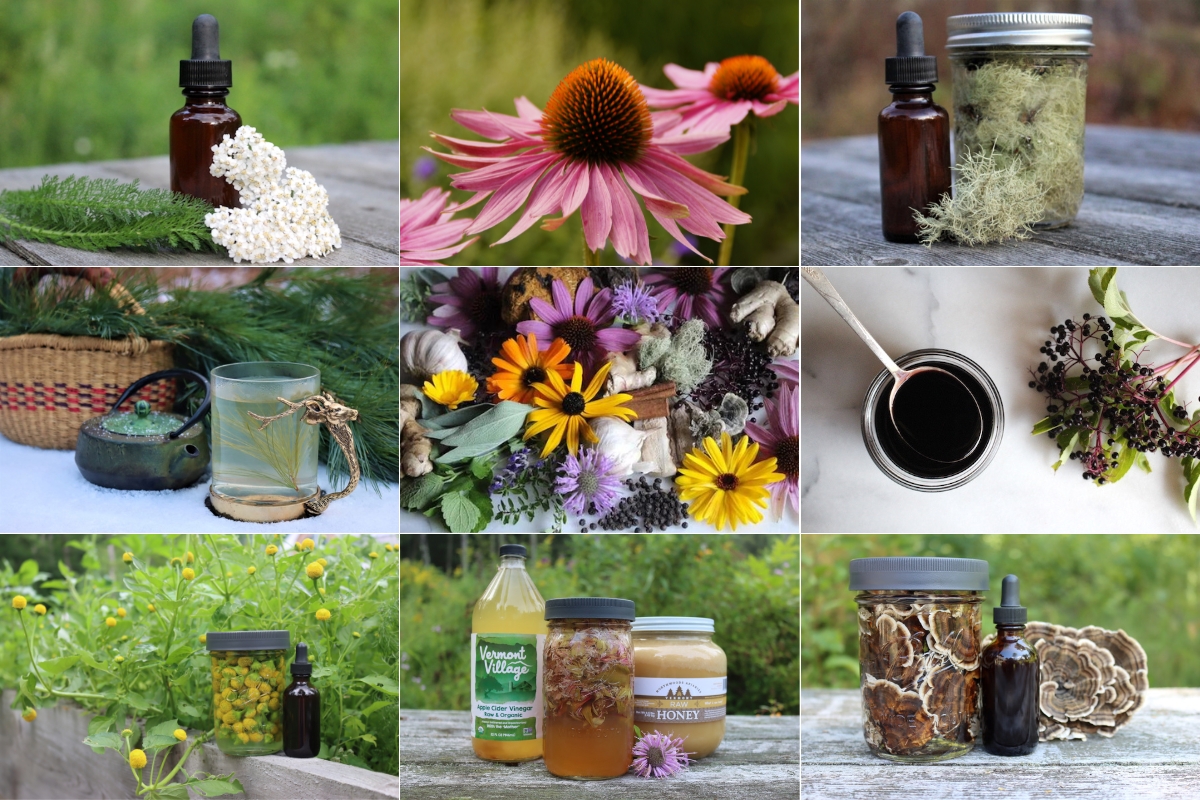
There’s no cure for the common cold, we’ve all heard that often enough. Modern medicine can replace a heart or reattach a limb, but it can’t keep the sniffles away.
With plenty of over-the-counter cold remedies on the market, from Mucinex to Robitussin, you’d think we’d be well-provisioned to ride out the inevitable. The problem is, those remedies are often stimulants that simply mask symptoms temporarily and then lead to horrible rebound illness later on.
Sometimes, you’ve gotta do what you’ve gotta do, and I remember my husband telling me about loading up on Dayquil and Afrin to get through a job interview that he’d just flown across the country for. He was well when he left the night before, but then woke up sick as a dog in the hotel room, with with just enough time to hit the CVS on the way in to the interview.
He made it through the interview with flying colors, but then paid the price for the next 48 hours as his body rebounded from over the counter medications that mask symptoms, but often just make things worse in the end. The fact over the counter cold medications can cause rebound illnesses that are worse than just accepting a sick day and convalescing is well-known and documented by medical science.
They know that these are stop gaps that mask symptoms, rather than help the body get well. More often than not, they actually prolong the illness, kicking the can down the road to the next day…where the symptoms come back worse, and the cycle repeats.
Sometimes, the body does just need rest and recuperation, but that doesn’t mean there’s nothing we can do to help the process along. There are time-tested natural remedies for cold and flu that help the body’s own natural systems fight off the illness, promote restful sleep, and nourish our immune system so that we can recover faster (and without rebounding back into it).
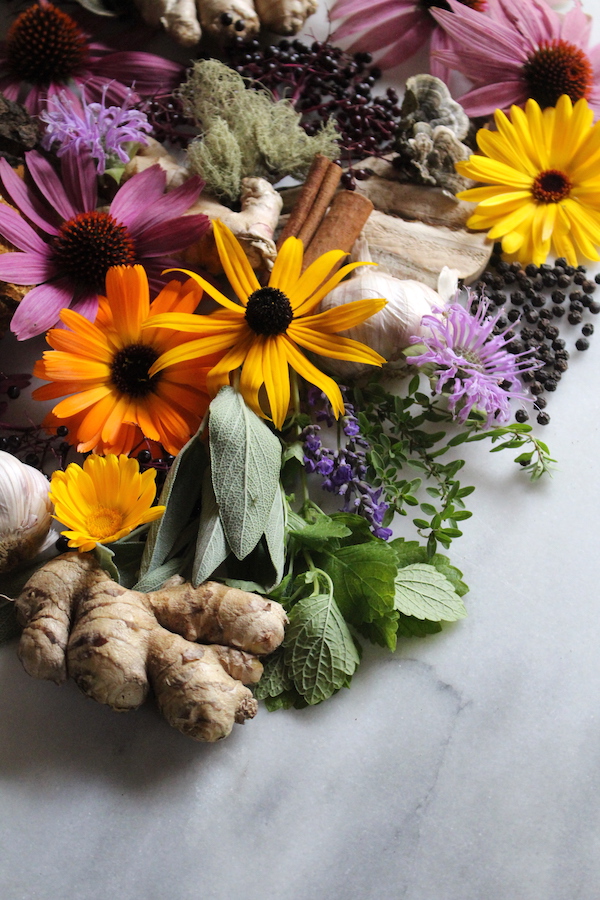
Natural Remedies for Cold and Flu
Most natural remedies for cold and flu focus on boosting your immune system while calming your nervous system to promote rest and recuperation. Herbs with cooling properties like linden and yarrow, are taken as tea to help cool the body from a fever, and soothing coating herbs like marshmallow help calm throat inflammation and relax bronchial passages.
Kitchen remedies like onions can loosen mucus and help coughs be more productive, and we’ve all seen how well they work anytime we chop onions for dinner…
Herbs that promote circulation, like ginger, garlic, and cayenne, can help ward off the chills, while others that are naturally anti-inflammatory (like turmeric) can help calm body aches naturally.
Pain-relieving plants like willow bark and chamomile can help our bodies relax, while sleep-promoting herbs like hops and valerian will promote much-needed rest.
There is no one-stop quick fix when it comes to natural remedies, no simple pill in a box…but there’s also no one presentation of illness. Sometimes it comes with cough, sometimes not. Sometimes you can’t sleep, and other times you can’t stay awake. How a body reacts to any particular illness is unique, and treating it naturally is all about supporting your body where it needs help at any given moment.
I’ll cover a variety of time-tested natural remedies for cold and flu, and let you choose what’s appropriate for your particular case. Below you’ll find:
- Immune Boosting Natural Remedies
- Natural Sinus and Cough Remedies
- Natural Sore Throat Remedies
Immune Boosting Natural Remedies
Sometimes, just boosting your immune system can nip an illness in the bud, and several remedies have been proven to take days off the natural course of the flu.
A placebo-controlled study on flu patients found that with a tablespoon (15 ml) of elderberry syrup taken 4x per day, “Symptoms were relieved on average 4 days earlier, and use of rescue medication was significantly less in those receiving elderberry extract compared with placebo. Elderberry extract seems to offer an efficient, safe, and cost-effective treatment for influenza.”
I have an entire article on Immune Boosting Herbs with more than 20 different options, but here are some of the most effective home remedies:
Elderberry Syrup
Homemade Elderberry Syrup is a gentle remedy that’s safe for children and adults alike, you can make your own with fresh or dried elderberries, or you can buy a bottle of elderberry syrup online in a pinch. Elderberry Tincture also works well, and is shelf-stable.
For kids, you can make elderberry syrup into Homemade elderberry gummies, which is a great way to help the medicine go down. (My kids are also fond of these store-bought elderberry gummies with zinc.)
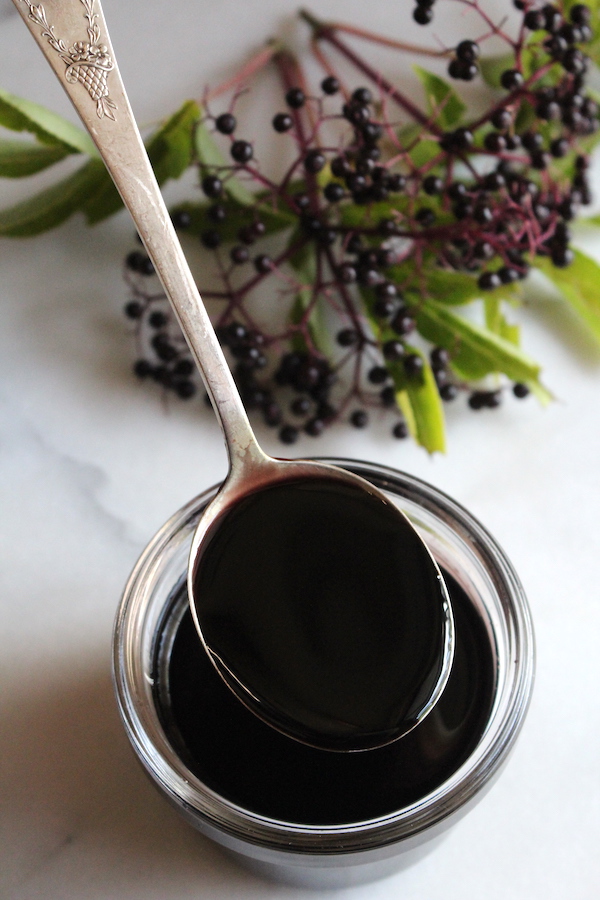
Echinacea Tincture
Echinacea Tincture is shown to reduce the duration of the Flu if taken at the onset of first symptoms, or help prevent it if taken as soon as someone else in your household shows their first symptoms.
A homemade tincture takes about 6 weeks to infuse, so this one’s a good one to plan ahead with, but you can also buy premade echinacea tincture (or alcohol-free echinacea glycerite for kids). If you have dried echinacea on hand, you can also make echinacea tea in the short term (though it has a pretty harsh flavor, and is best mixed with other better-tasting herbs).
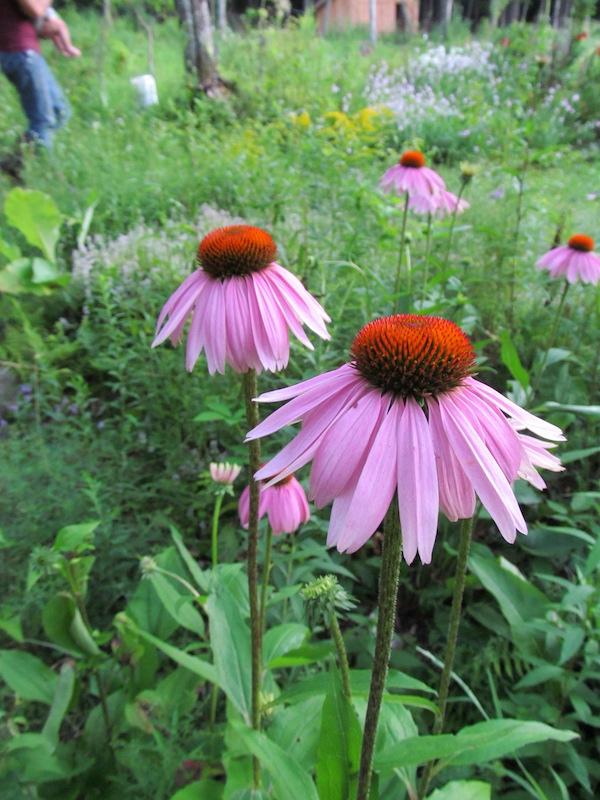
Homemade Fire Cider is a mix of firey, immune-stimulating herbs in apple cider vinegar and honey, this is actually a immune boosting version of a remedy known as a herbal oxymel (honey, vinegar, and herbs).
The vinegar pulls out the goodness from herbs that are hard to take in therapeutic doses on their own (garlic, horseradish, etc.), and the honey helps it go down smoother.
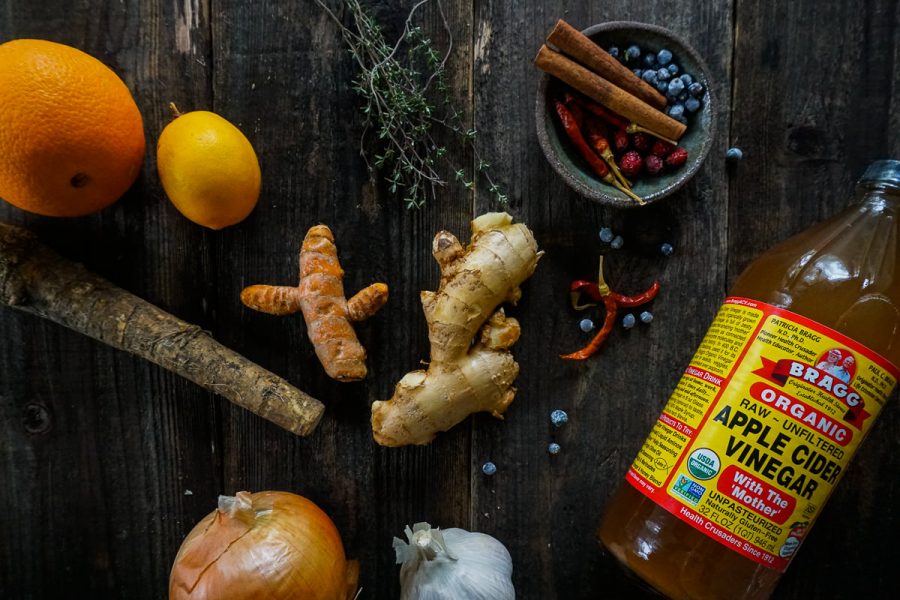
Fermented Garlic Honey is similar to fire cider in some ways, garlic fermented in honey gives you the immune-boosting powers of both garlic and honey, and the fermentation process boosts probiotics and helps make nutrients more bio-available.
The honey naturally mellows the flavor of the garlic too, making it easier to enjoy right off the spoon.
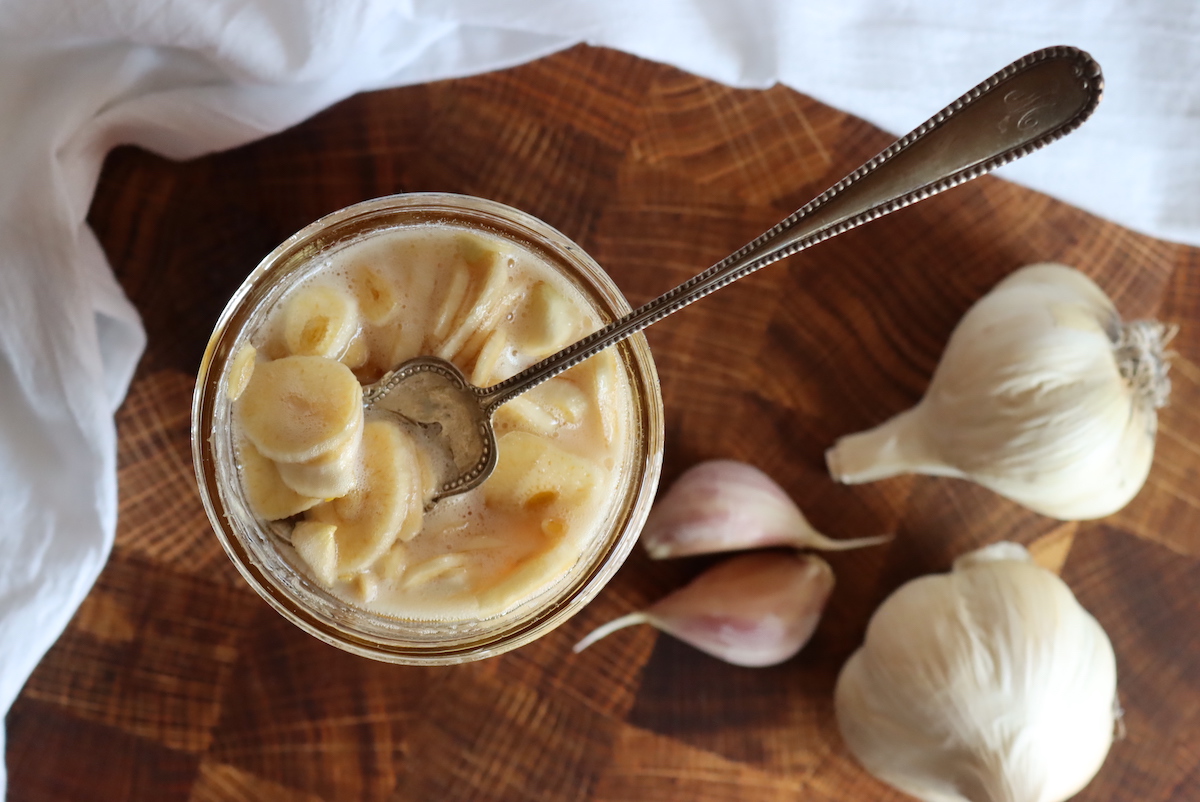
Tulsi Tea
Known as holy basil where it originates in India, Tulsi is an adaptogen and an immune tonic. Adaptogens help the body rise to the occasion and can help you overcome whatever’s plaguing you at the moment (even cold and flu).
We grow tulsi at home, but we almost always use more than we can possibly grow. Our favorite is storebought tulsi is Tulsi Rose from Organic India.

Medicinal Mushroom Tinctures
There are a number of medicinal mushrooms that have been shown to boost the immune system, namely tinctures of turkey tail mushrooms, chaga mushrooms, lions mane mushrooms, and reishi mushrooms.
The woods around our home happen to be full of all four of those, and we forage our own for tinctures each year…but for most people, buying them premade as a tincture or capsule supplement from a reputable supplier (like Host Defense) is a better option.
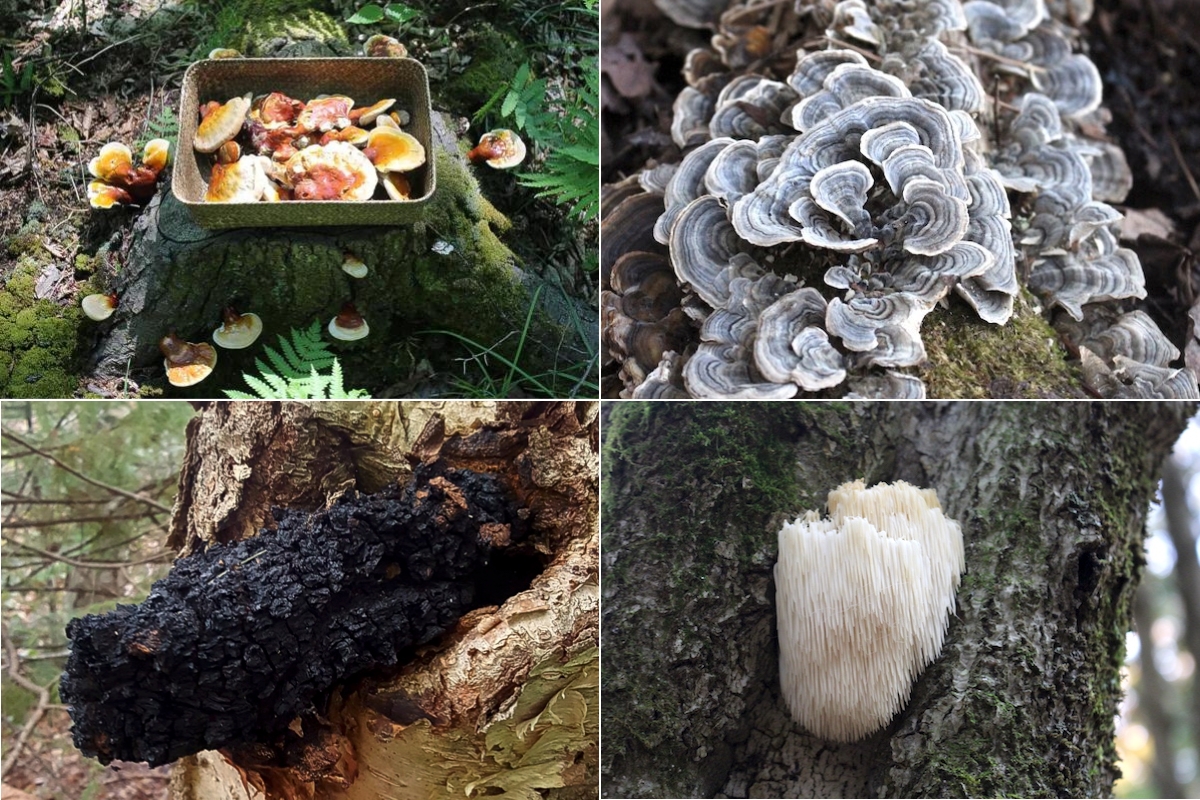
Immune Boosting Supplements
Beyond handmade and homemade remedies, there are plenty of off-the-shelf store-bought vitamins and supplements that can make a big difference in recovery time. They give your body targeted, bioavailable nutrients that help your immune system function at peak performance when you need it most.
Zinc and Vitamin C are well-known immune-boosting supplements, but they’re not the only ones. You can see a full list of all my store-bought immune-boosting pics here. These are some of our favorites, with bio-available forms of common immune-boosting vitamins and herbs:
- New Chapter Fermented Zinc Complex – Including a highly absorbable form of zinc, as well as elderberry, astragalus, ginger turmeric, and half a dozen other complementary immune-boosting herbs. It also includes copper, a trace nutrient our bodies need, which can be depleted in your body when you take zinc supplements.
- Garden of Life Elderberry Immune Gummies – These are elderberry-based, but they also include Zinc and Vitamin C, as well as Echinacea, Aronia, and Rosemary.
- Vitamin Code D3 with Probiotics – Immune-boosting Vitamin D, plus complementary herbs, probiotics, and prebiotics to help your body put it to good use.
These herbs are antimicrobial, which can help as well: Bee Balm, Black Pepper, Calendula, Chamomile, Cinnamon, Clove, Elder, Eucalyptus, Sage, Garlic, Ginger, Lavender, Lemon Balm, Rosemary, Thyme and Yarrow.
Natural Sinus and Cough Remedies
A persistent cough is the worst! It’s more than just annoying, it prevents your body from getting adequate rest to recover properly and works to spread the germs around the house, too. These are some of the best natural remedies for cough:
- Elecampane – Taken as either a syrup, tincture or oxymel, elecampane is one of the very best herbs for cough and respiratory issues. The root is what’s used, and if you forage elecampane, you can turn the root into elecampane candy (which is basically a concentrated cough drop). Generally, elecampane is purchased as a dried root, which is then made into remedies, like this lung tonic with elecampane, marshmallow and ginger, or this herbal cough syrup with elecampane, licorice, and elderberry.
- Thyme – Right in your kitchen pantry, thyme tea (or herbal steams) clear the nasal passages and prevents postnasal drip from triggering a cough.
- Marshmallow – A soothing herb, marshmallow root coats the throat and lungs to prevent the irritation that causes coughs.
- Honey – Another soothing throat coat, honey can be taken by the spoonful, in tea, or in homemade honey cough drops.
- Pine – Though not commonly thought of as remedies, pine is rich in aromatics that can break up a cough (and it’s full of vitamin C). You can make pine needle tea, or a purpose-made pine needle cough syrup with honey. The main benefit here is pine is available year-round, and it’s often right outside your door in cold and flu season.
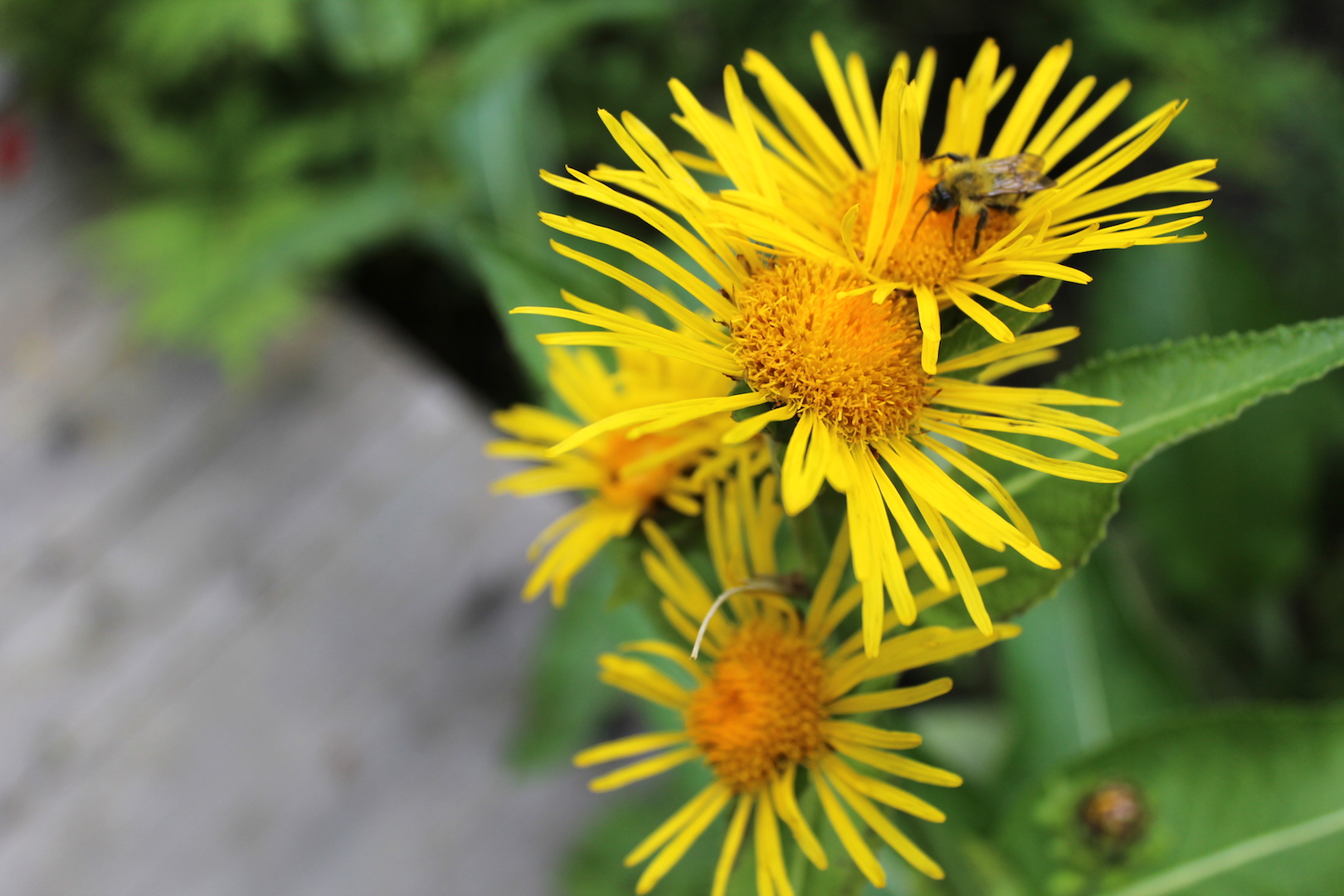
Natural Sore Throat Remedies
Sore throats benefit from mucilaginous herbs that coat and sooth, as well as antimicrobial herbs that can eliminate some of the microbes causing the irritation. Lastly, gentle numbing herbs can keep the pain and soreness manageable until you recover.
- Marshmallow – Used for cough, the soothing properties of marshmallow help on the way down too. It’s commonly taken as marshmallow root tea.
- Wild Violet – Also mucilaginous and soothing, violet is also a lymph tonic and it can help soothe swollen lymph nodes that often contribute to sore throats. Violet is most often used as violet leaf tincture.
- Slippery Elm – Made from the inner bark of slippery elm trees, this nourishing and soothing powder is made into highly effective slippery elm throat lozenges.
- Usnea – Called “the lungs of the forest,” usnea is a common respiratory remedy. It’s also incredibly antimicrobial, but only where it physically contacts the tissues. For that reason, a usnea tincture is great for beating back microbes in the mouth and throat, while supporting respiratory recovery.
- Spilanthes – A natural numbing agent, immune stimulant, and antimicrobial, spilanthes is the perfect thing for a sore throat. Spilanthes tincture numbs on contact (especially when used in a throat spray), providing fast relief, but then it also kills microbes and boosts your immune system in the process.
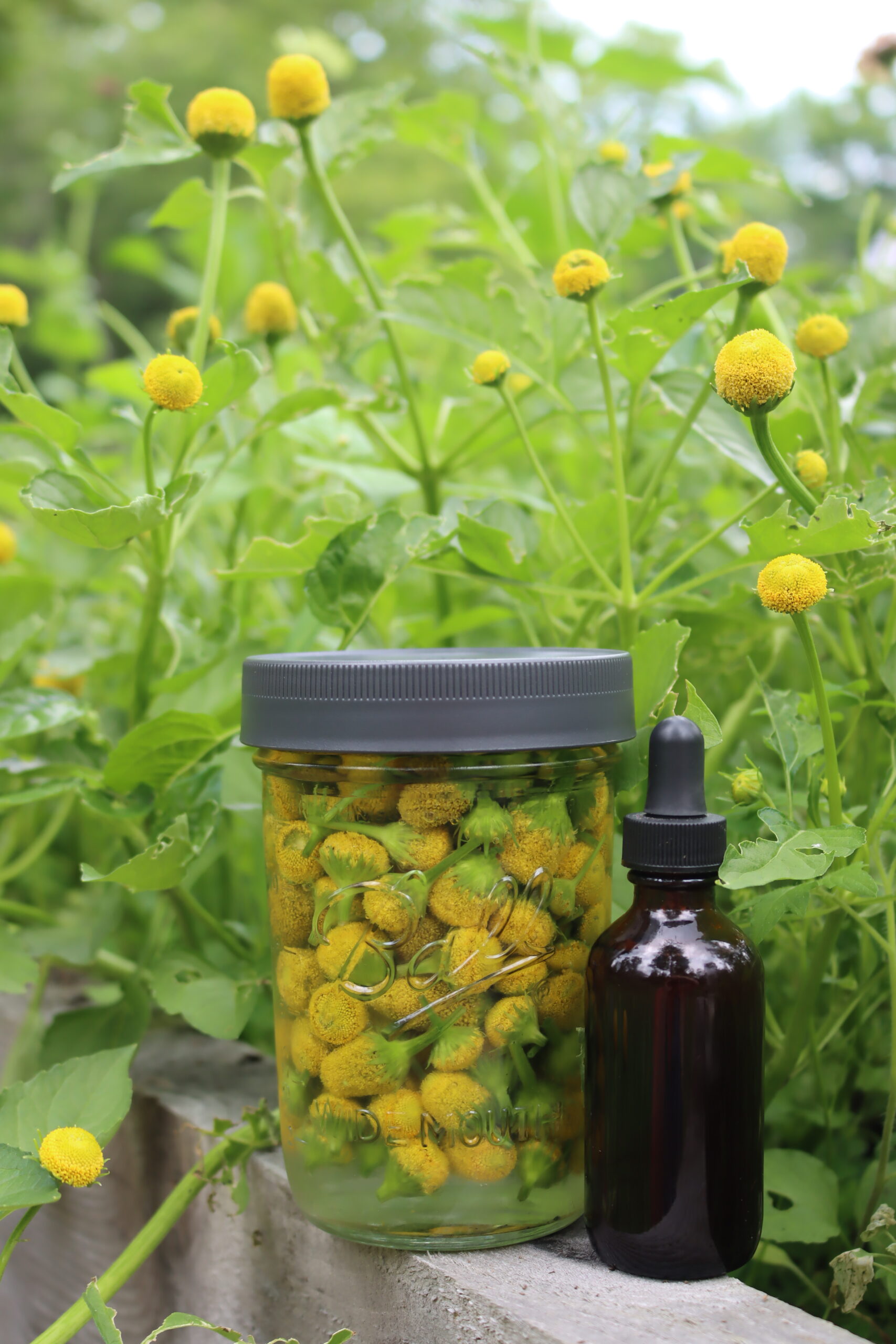
What have I missed? I would love to hear your time-tested remedies for cold and flu, herbal and otherwise. Everybody knows about Grandma’s Chicken Soup, but what other tricks did she have up her sleeve?
Leave me a note in the comments, I’d love to hear about it!
Herbal Guides
Looking for more ways to stock your herbal medicine cabinet?
- 100+ Medicinal Plants (and How to Use Them)
- 20+ Immune Boosting Herbs
- 20+ Herbal Preparations for Herbal Medicine Making
- 18+ Herbal Remedies Anyone Can Make at Home
- 16+ Medicinal Trees for Your Herbal Medicine Chest
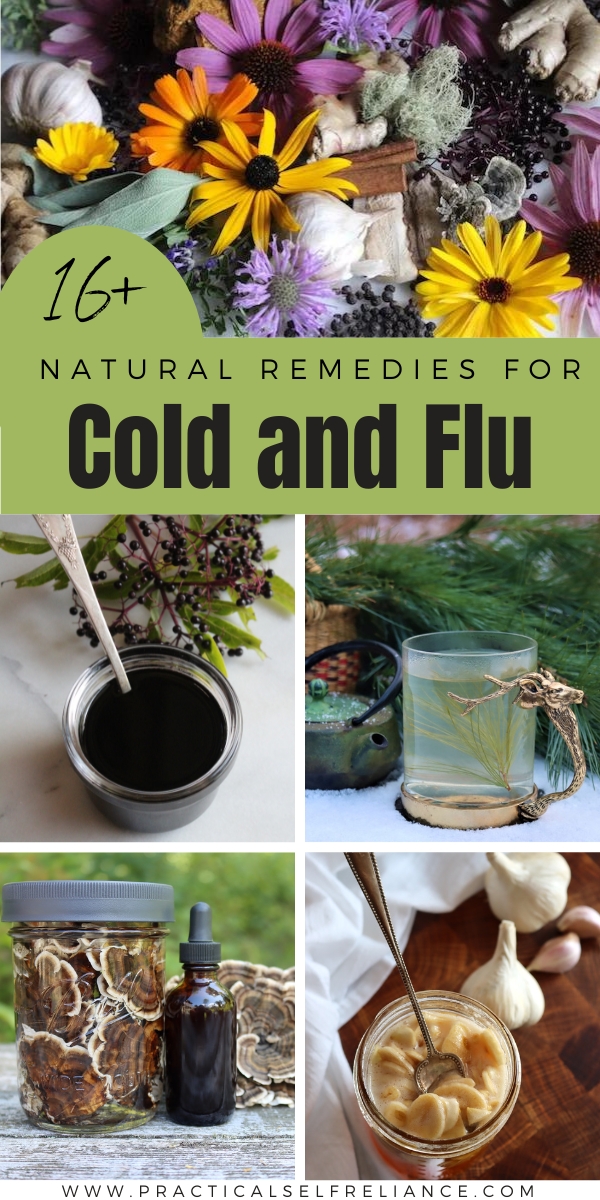
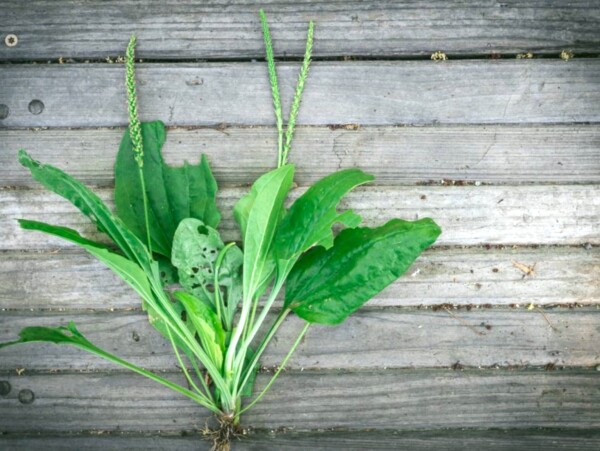
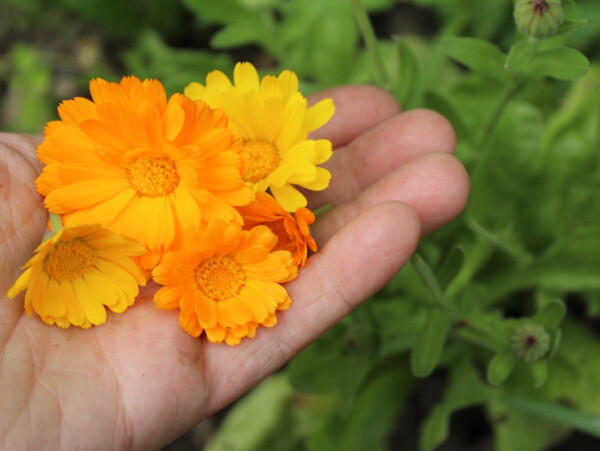
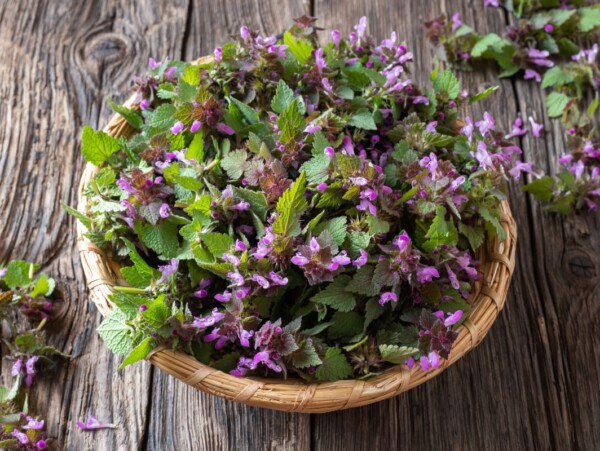
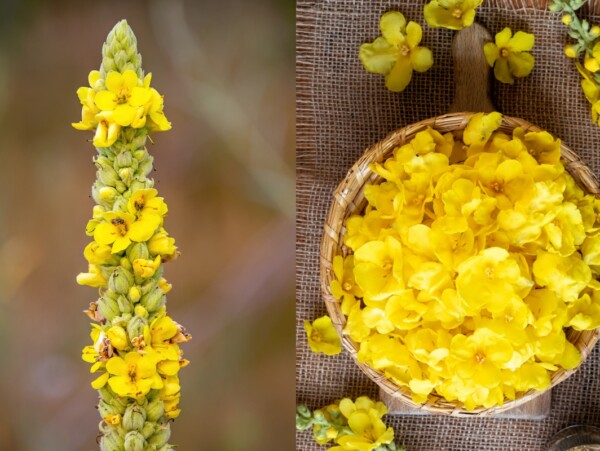





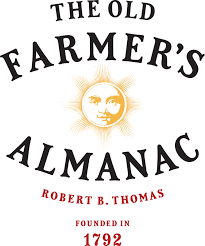

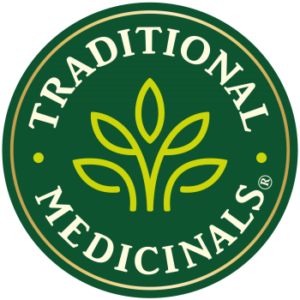


1 Comment